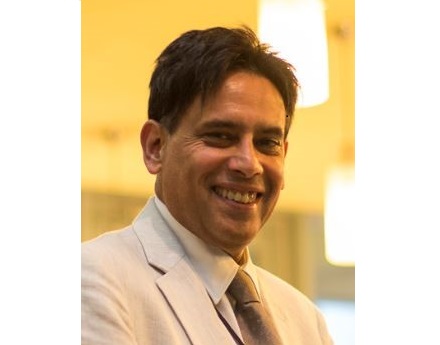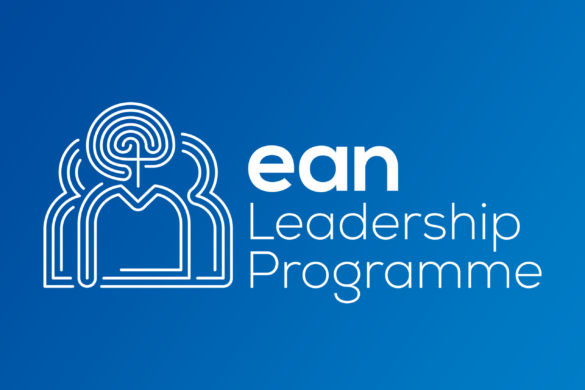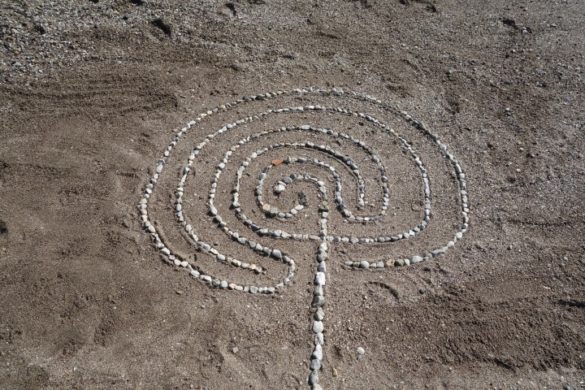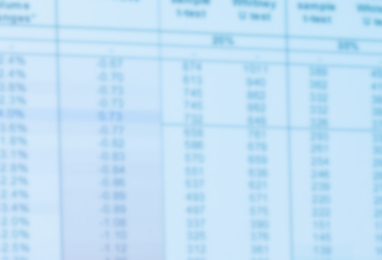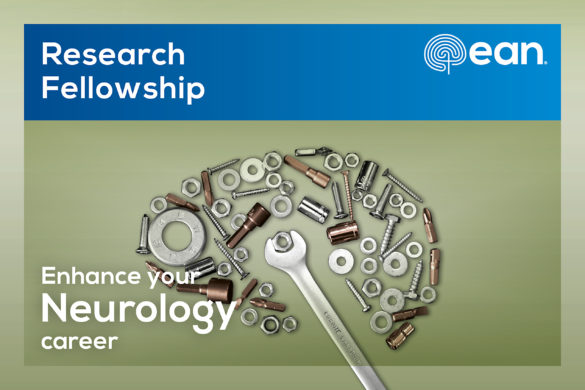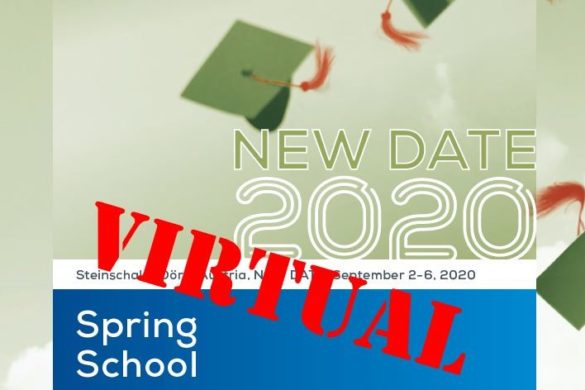Virtual meeting
Makerere University, Kampala, Uganda
September 10 – 11, 2021
The ongoing pandemic turned the 12th Regional Teaching Course (RTC) in sub-Saharan Africa (SSA) into a virtual educational event. Prof. R. Idro, Makerere University, Kampala, Uganda hosted the virtual RTC.
More than 200 residents and neurologists registered for this event, representing many SSA countries but allowing the RTC to go worldwide thanks to its virtual platform.
The RTC’s overarching theme Neurology in SSA: Nuances and Commonalities addressed four major topics:
– Neurodegenerative diseases in the elderly (dementia, PD, stroke/post-stroke) in SSA – epidemiology, diagnostic and therapeutic management
– Epilepsy in SSA – epidemiology, diagnostic and therapeutic management
– Neuroradiology in SSA – what could, should, must be done?
– Neuro-immunological diseases in SSA – epidemiology, diagnostic and therapeutic management
Prof. Paul Boon, EAN President Elect and Prof. Foad Abd-Allah, AFAN Past President, opened the course.
Both welcomed all to the virtual RTC and stressed the importance of studying the complexity of neurological diseases. They conveyed their best wishes for a successful RTC.
Prof Foad Abd-Allah illustrated AFANs involvement in education and the RTC. Prof Paul Boon confirmed EAN’s commitment to continuing its involvement in this educational initiative in SSA in close cooperation with AFAN. He especially thanked all scientific societies who contributed to this RTC.
On behalf of all, Paul Boon congratulated Augustina Charway Felli on the start of her presidency of AFAN.
The scientific programme started with the topic Neurodegenerative diseases in the elderly (dementia, PD, stroke/post-stroke) in SSA – epidemiology, diagnostic and therapeutic management, chaired by Prof Erich Schmutzhard, Austria/EAN and Prof. Foad Abd-Allah, Egypt/AFAN.
Raj Kalaria, IBRO delegate, opened the lectures with the topic ‘Dementia’. In this presentation, Prof Kalaria gave an overview of the common causes of dementia across the globe and especially in LMICs, focusing on early diagnosis, diagnostic tools, and emphasised the need to focus on mild cognitive impairment where therapeutic strategies are most likely to give the greatest effect in delaying severe disability and reducing mortality.
Njideka Okubadejo, Nigeria, MDS delegate, presented ‘Parkinson’s disease is more than motor dysfunction’. Prof Okubadejo spoke on the non-motor symptoms in Parkinson’s disease and the approach to their management, highlighting that the non-motor symptoms often precede the onset of motor symptoms by years.
Foad Abd-Allah, Egypt, AFAN, addressed ‘Ischemic stroke including post-stroke care’. Prof Abd-Allah gave a talk on the approach to diagnosing and managing ischaemic stroke in the acute and post-acute phase management. He highlighted the different aspects of post stroke care, the barriers to appropriate management and strategies to overcome said barriers.
Mayowa Ojo Owolabi, Nigeria, WSO delegate, talked about ‘Stroke recovery and improving post-stroke quality of life’. He spoke on the philosophical and sociocultural models for rehabilitation, as well as the goals and mechanisms of neuro-rehabilitation.
The last morning lecture given by Peter Ssenyonga, Uganda addressed neurosurgical implications of ‘Pseudo-dementia in chronic subdural hematoma and chronic hydrocephalus – a case for neurosurgery’. Prof Ssenyonga spoke on the need for appropriate imaging when cognitive impairment is the predominant complaint in order not to miss the potentially reversible causes of dementia.
A lovely Q&A session concluded the morning session.
The second topic addressed Epilepsy in SSA – Epidemiology, diagnostic and therapeutic management.
The session was chaired by Richard Idro, Uganda and Paul Boon, Belgium/EAN
Lawrence Tucker, South Africa/AFAN, gave a hands-on lecture on ‘What to do in an adult patient with a first ever seizure and in a patient with epilepsy’. In this lecture, attention was paid to the diagnostic protocols and algorithms and general approach to the adult patient presenting with a first ever seizure, and the appropriate use of diagnostic tools such as neuroimaging and neuro-electrophysiological methods of investigation.
Thanks to Richard Idro, Uganda a paediatric approach was broached with his lecture ‘What to do in a pediatric patient with first ever seizure and in a patient with epilepsy’. Similar to the previous Lecture, Prof Idro spoke on the approach to the diagnosis of a child presenting with a first ever unprovoked seizure and dwelt on the nuances of getting a history and investigation in the paediatric population.
Paul Boon, Belgium/EAN, addressed ‘Symptomatic epilepsies’. The symptomatic ‘secondary’ epilepsies were tackled in this talk, with identification of the most common causes for symptomatic epilepsy both worldwide and on the continent. A large part of the talk also focused on preventative strategies for symptomatic epilepsies to reduce the burden of same.
‘Status epilepticus’ was brought forward by Augustina Charway Felli, Ghana/AFAN. In this talk, the definitions, pathophysiology and treatment protocols for status epilepticus were addressed, with emphasis on tailoring the algorithms and medications used on the realities of the environment in which these protocols were to be implemented.
Fidèle Sebera, Rwanda, gave his view on ‘Epilepsy surgery: what can be done in SSA – a neurologist’s perspective’. This lecture described the criteria for determining intractable epilepsy and the workup required in order to determine the expediency of surgical intervention in the management of epilepsy.
This session too was followed by a Q&A session.
On Saturday, 11 September, the third session was dedicated to Neuroradiology in SSA – what can should, must be done.
Prof. Osheik Seidi welcomed all to the second day of the RTC. Together with Dr Charway Felli they enforced the aim of the RTC to address problems related to Africa and aim at the best possible neurological care and the best possible healthcare systems. Hence the importance of the training of healthcare professionals; something the RTCs can contribute to.
Amina Nasri, Tunisia, PAUNS, spoke about ‘Neuroradiology in SSA – in neurodegenerative diseases, dementias and movement disorders’. This excellent talk gave detailed descriptions of the modalities and findings of neuroimaging in the neurodegenerative diseases with clues to diagnosis of some of the more obscure neurodegenerative diseases.
‘Neuroradiology in SSA – In autoimmune and post infectious diseases of the CNS’ was presented by Osheik Seidi, Sudan/AFAN. Prof Seidi described the neuroimaging diagnostic protocols in infectious and inflammatory disease, and explored the findings that are frequently seen in these conditions.
Alfred Njamnshi, Cameroon, lectured on ‘Neuroradiology in SA – in first ever seizure and epilepsy’. With this talk, the criteria for the use of neuroimaging in the diagnosis of epilepsy was covered, giving additional information on the imaging techniques that are appropriate to use in the diagnostic process and the compromises that are permissible in the absence of some of the imaging techniques.
The second and last session of the RTC, addressed Neuro-immunological diseases in SSA – epidemiology, diagnostic and therapeutic management.
The first part of this session was chaired by Augustina Charway Felli, Ghana/AFAN and William Carroll, Australia/WFN
Marianne de Visser, The Netherlands/EAN addressed ‘NMO spectrum disorder versus MS: clinical and diagnostic aspects’. The clinical manifestations of the two demyelinating diseases were discussed, addressing the commonalities and distinguishing features between these two conditions.
While William Carroll, Australia, WFN, spoke about ‘Treatment of demyelinating diseases in under-resourced countries’. The most current treatment guidelines and their applicability in LMICs was discussed as well as the off-label use of some medications for the management of central nervous system demyeliniating diseases in areas where [SL1]
The second part of this last session was chaired by Marieke Dekker, Tanzania/AFAN and David Garcia-Azorin, Spain/EAN
Eoin Flanagan, United States/AAN, dedicated his lecture to ‘The expanding spectrum of autoimmune encephalitis’. This talk covered the growing spectrum of autoimmune antibody biomarkers relative to the nervous system and described the markers now associated with neurological disease, as well as giving detailed clinical and imaging descriptions of the various autoimmune encephalitides.
Marieke Dekker, The Netherlands/Tanzania/EAN-AFAN addressed ‘Neuro-immunological diseases in SSA – infectious and para-infectious (poly-) radiculo-neuritis’. In this very detailed talk, Dr Dekker spoke about the physiology of infectious and para-infectious radiculoneuritides, starting with a very important update on the anatomy of the spinal roots and peripheral nerves.
The last lecture of the RTC was given by David Garcia-Azorin, Spain/EAN and targeted ‘Neuro-COVID and infectious and non-infectious nervous system disease’. A very topical discussion in the light of the current pandemic, neuro-COVID was described as a polymorphic condition arising partially as a direct result of the tropism of the SARS-CoV-2 virus to certain neural tissues, as well as the aftermath of the hyper immune response and its effect on brain function. Especially at the beginning of the pandemic, its effect was largely due to the disruption of the provision of services to populations living with chronic neurological disease following the implementation of national and regional lockdowns.
The RTC concluded with a busy Q&A session.
Augustina Charway Felli thanked all the faculty for their availability and contributions to the success of the RTC.
Special thanks were expressed for the unwavering support of the scientific societies that help to make the RTCs a reality: AAN, AFAN, EAN, IBRO, MDS, WFN, and WSO.
Teaching material from this course and past courses can be found on the EAN website.





